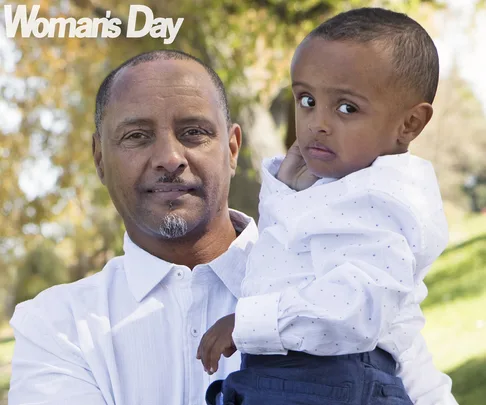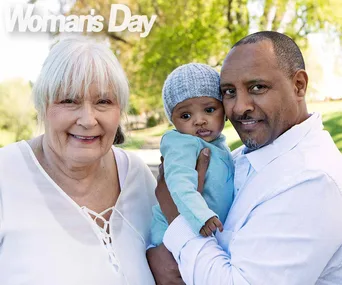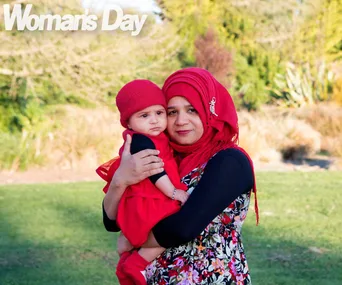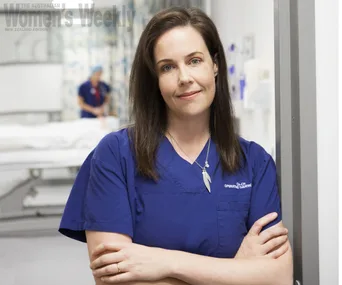A year ago, pregnant Zeynia Endrise was seated in a room at Christchurch Hospital alongside dozens of strangers, their lives intersected by 17 minutes of terror during Friday prayers at two Christchurch mosques.
Among the dozens of victims ferried to hospital that day was her husband Abbas Tahir.
Upset, and in shock, all the tearful young mum could do was wait, and wonder if the baby growing inside her would ever get to meet his father.
There’s never a day the Ethiopian-born mum of two doesn’t relive that nightmare, recalling the fear and dread of not knowing if her badly injured soulmate had survived being shot as he fled the Al Noor Mosque.
It’s a desperate 24 hours she can’t wipe from her memory.
“It’s not easy at all,” shares Zeynia, who only found out her husband had gone to hospital through a phone call from Uber driver Jill Keats, 66, as she held the bleeding bakery assistant lying beside her car.
“I was just crying and crying and crying. I wasn’t able to do anything because he was unconscious for six days.”
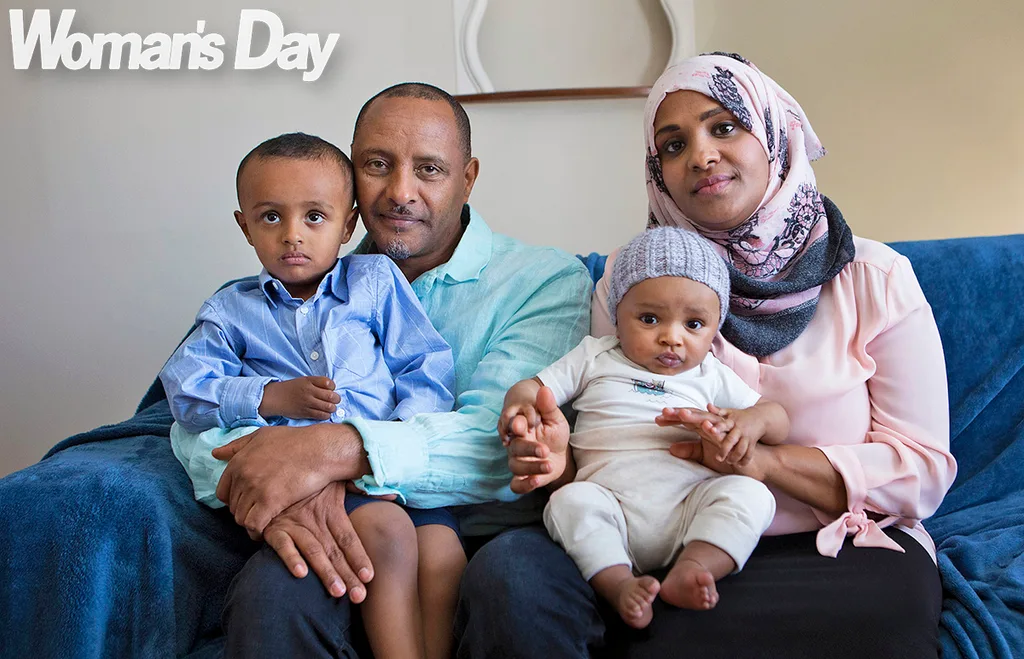
Abbas and Zeynia with Rayyan and baby Ridwaan.
But 12 months on, Zeynia, 34, is resolute – she will not be joining the Christchurch community in this month’s national commemorations.
“March 15 is not a time for a memorial,” she says.
“We are not going to commemorate that day because our religion doesn’t allow us to memorialise someone every year. We just don’t do that.”
Instead, she cared for her two little boys, who keep her busy day and night. Rayyan is almost three and new addition Ridwaan is now eight months old and on the verge of crawling.
Zeynia was also focused on looking after Abbas, who’s wracked with constant pain due to bullet fragments lodged in his body.
Even though the worst didn’t come to pass, Zeynia says there has been little to celebrate over the past year with the burden of an invalid partner who can’t work and the responsibility of caring for her two young boys often reducing her to tears.
But she says one person who has made a huge difference has been her sister Nurit Endris, 26, who travelled to New Zealand when the government gave immediate family members of those affected temporary visas to support victims last year.
“My sister is everything to us at the moment,” enthuses Zeynia.
“Sometimes when I’m crying and asking why is this happening, she is very good. She makes me strong.
“When I was in hospital having my baby, she took care of my son and husband. I’m really happy and appreciate that she’s here.”
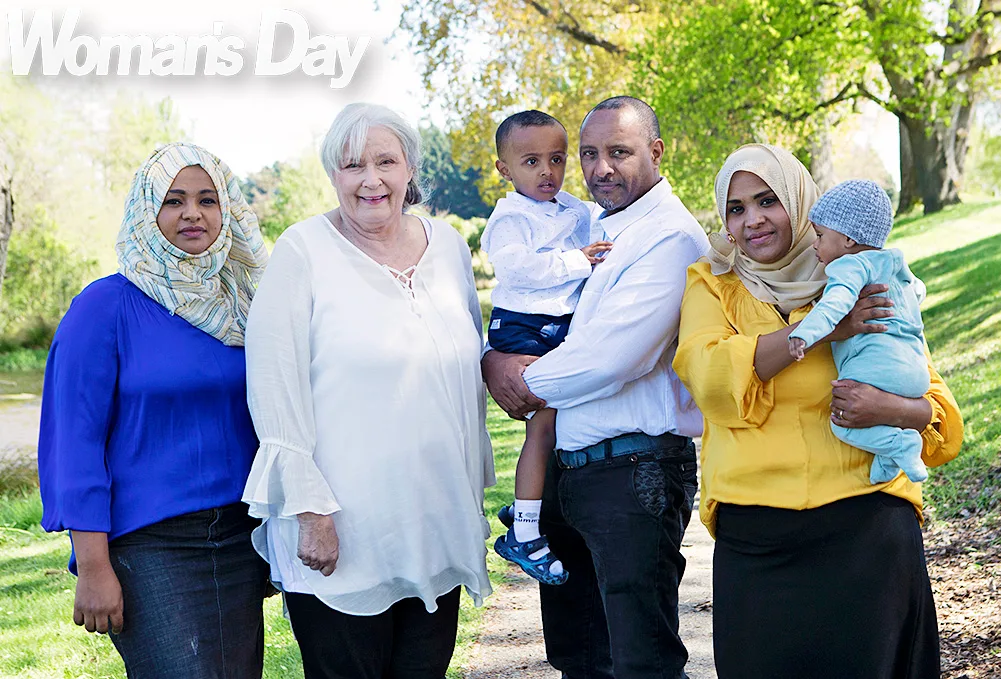
Nurit and Jill have both been a blessing for the family.
With Abbas still needing intensive physiotherapy and ongoing medical treatment for suspected lead poisoning, the couple have pinned their hopes on a residency application for Nurit to stay permanently.
Zeynia says the thought of having her younger sister living here will make a world of difference for the family who’ve survived the toughest year ever.
“If she isn’t able to stay in this country, I don’t want to imagine how life is going to be.”
In the meantime, Zeynia’s focus will be on a happier date, March 14, when her eldest son turns three and they’ll celebrate with a special cake.
Though looming large is a dark day that changed everything.
“But the 15th of March, 2019 – we will never forget that day for the rest of our lives.”
Why many Muslims are not commemorating March 15
While thousands of Kiwis were expected to pay their respects at memorial ceremonies across the country (the memorials were then called off due to COVID-19), many Muslims had already chosen not to attend because it conflicts with their faith and beliefs.
Islamic Women’s Council spokeswoman Anjum Rahman explains that the Muslim tradition is to look forward, with loved ones’ deaths not normally acknowledged on a specific day.
“We don’t do anniversaries like this,” she says.
“We don’t have gravestones or marked graves, and we hold a funeral immediately as possible after the death of a person and not wait for relatives to come from overseas. The ethos is that the memory of the person lives in your heart and you honour them by remembering them when you can.”
She says it ties into the Muslim belief that you should mourn and pray for a person who has died at any time and in any place.
This meant there were families impacted by the mosque attacks who didn’t want March 15 to be given any special recognition.
“There are some people of the view that it is not in accordance with our faith, and some of the victims’ families have expressed they don’t want an anniversary, so we’re keeping it away from mosques and doing our best to have any events be future-focused and not reliving the past and retraumatising the victims,” she tells.
